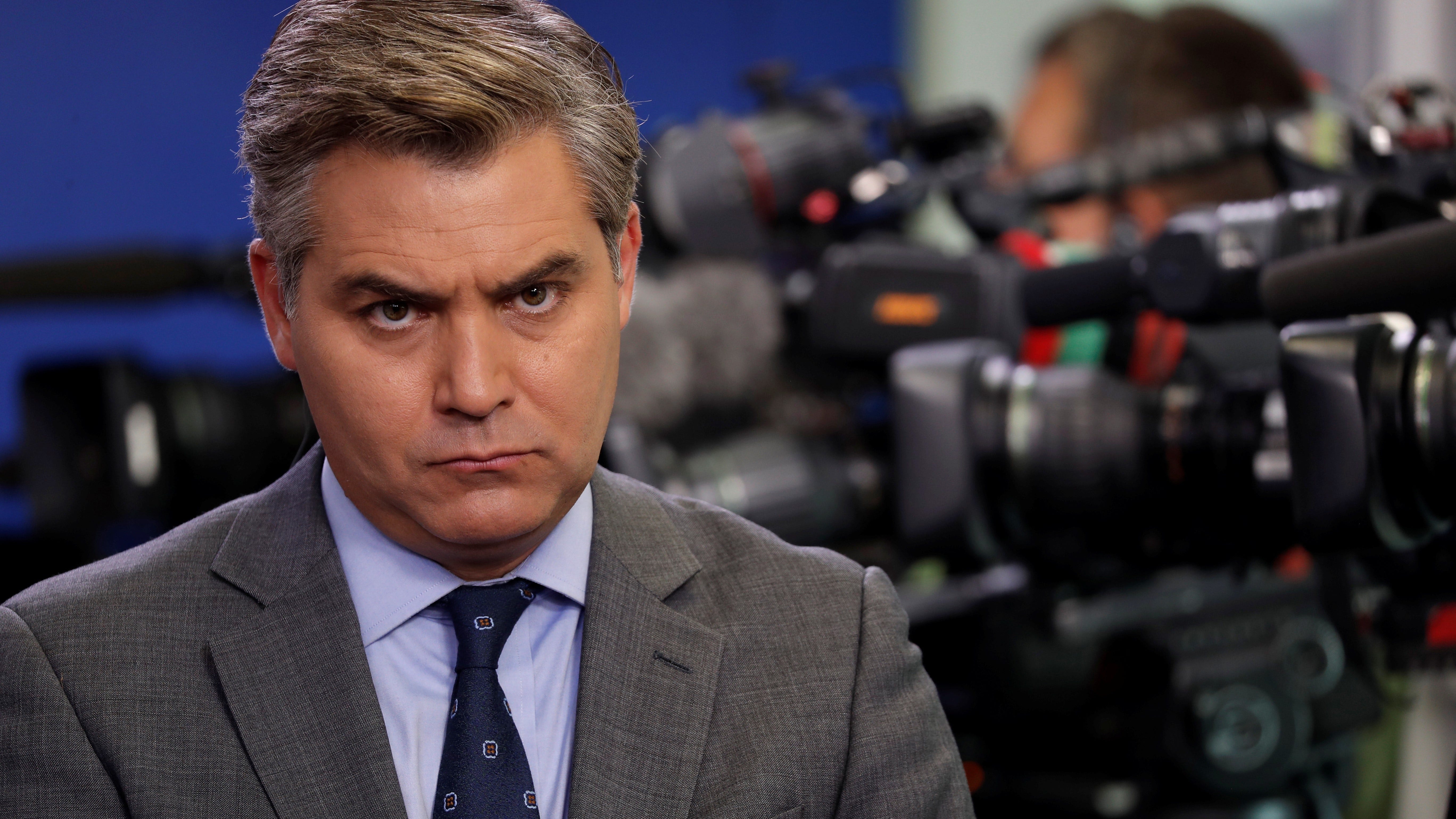At the State of the Union conference in Florence, Euronews sat down with Albania’s Prime Minister Edi Rama. The 56-year-old has recently won his third consecutive term – breaking a record in the Western Balkan state. Albania’s bid to join the European Union took centre stage in the recent parliamentary election.
Albania’s bid to join the European Union could take a step forward with the first conference, to begin negotiations between Albania and other EU countries – how significant is this?
“It’s very difficult to say, it‘s very difficult because we had to take this step a few years ago and then again, again and again. It didn’t happen because of the inner dynamics in the European Council and we hope it will be the case. So it’s not easy.”
What are you prepared to do if talks become stalled again?
“We don’t plan anything else than to continue working for it because for us Europe is not a political destination or objective. Europe is a religion and nobody can betray this religion in Albania because of the simple fact that Europe is a testament and is, at the same time, what we owe to our children and that”s why we will only work harder and harder and harder to make Albania a full functioning European State.”
Bringing Albania to the EU has been your main political promise from the start. Given all these years that have passed, how much does joining the EU means to Albania today?
“It means always as much as it meant since day one. Albanians are never tired of fighting to be part of Europe. Of course, disappointments have been subsequent and Europe has not been good in keeping its own promises. We have done our homework and we’ll continue to do so because as I said, for us Europe is what has been since the first day we got out of Communism, and it’s our first time in history that we can choose. We never had the choice, others decided for us and our place was in different spaces but not in the space we always wanted which is the European Union.”
With the EU membership process taking longer than expected, it seems that the Western Balkans have become a battleground for outside powers as well. What’s your take on that and where does Albania stand on all of this?
“By not being integrated fully in the European Union the Western Balkans remains a grey zone that offers attraction and also chances to other actors, to third actors that don’t have the same benign attitude and the same values and principles that the European Union offers. And for Albania, I don’t see any immediate danger because Albanians are very fanatic about the West and about the European Union. The other countries more or less have much more to deal with these influences from other actors.”
In the last couple of years, Albania has gone through large-scale constitutional changes when it comes to fighting corruption and implementing reforms. The situation has improved but it’s not enough. How much progress do you think, has Albania made especially when it comes to the rule of law?
“There is a big difference between becoming members of the European Union and entering into the full track of negotiations because as we are today, we are not ready to be members, no doubt. But as we are today, we are more than ready to enter the full track of negotiations and it’s there where the contradicting point stands and where Europe is being short-sighted and somehow even hypocritical because Albania deserves to enter the full track of negotiations and full stop.”
Do you think that this progress is something that helped you be re-elected?
“I think the people of Albania have a clear sense that the job is not finished. The third mandate is a clear mandate to finish the job. It’s not the reward for a job that was already finished.”
Let’s touch on the EU enlargement process in the Western Balkans. What’s your position with regards to the unofficial documents circulating in Brussels advocating the redrawing of the borders of the Western Balkans? We heard from the President of North Macedonia who said it would be catastrophic.
”My take is very simple. As far as we, and when I say “we” I mean all the actors and players – the European Union, the United States, the players in the region – will not tackle the status quo with a very open and clear approach. Frustrations will be there and ideas will pop up from the most ridiculous to the strangest idea because the status quo is not an option. While we have deep disagreements to sort out, we have to agree to disagree on them and at the same time to push altogether to strengthen our cooperation, to create in the region a full functioning Schengen area with all freedoms of Europe being implemented.”



